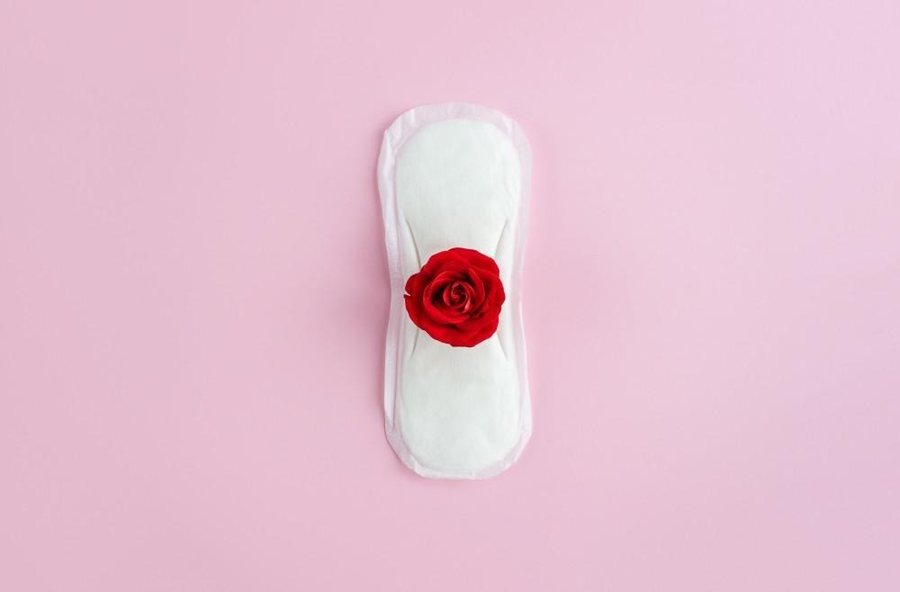
For girls and women, the menstrual cycle is an inevitable part of life. But the age at which this cycle begins, known as menarche, can provide important signals about their future health.
According to Dr. Anne-Marie Amies Oelschlager, a pediatric gynecologist at the University of Washington, menarche that occurs between the ages of 10 and 14 is considered normal. But when periods start earlier, even within acceptable limits, it can be associated with some long-term health consequences.
“We want the cycle to start within the typical range,” says Dr. Oelschlager.
Usually, girls start their periods at a similar age to their mother or sister, a testament to the strong influence of genetics.
How does early menarche affect health?
1. Cancer risk
An early onset of the menstrual cycle (e.g., at age 11 or earlier) is associated with an increased risk of some cancers, particularly those related to the hormone estrogen, such as breast and endometrial cancer.
“Early and long-term exposure to female hormones may contribute to the development of these diseases,” says Dr. Davidov.
Although the cause is not entirely clear, the most common hypothesis is that the longer estrogen and progesterone levels remain high, the higher the risk for related diseases.
2. Metabolic disorders and diabetes
Some studies suggest that early puberty is associated with an increased risk of insulin resistance and metabolic disorders, which can lead to type 2 diabetes.
One factor that may play a role is body mass index (BMI). Body fat produces estrone, a form of estrogen, and can influence the early onset of puberty. At the same time, high BMI is a known risk factor for diabetes and metabolic disorders. So it is still unclear whether early menstruation is a cause, a consequence, or simply associated with these conditions.
3. Heart disease
Cardiovascular health can also be affected. Some research has found a link between early menstruation and increased blood pressure in adulthood. But again, a high BMI or other lifestyle factors, such as stress, lifestyle, smoking, or lack of physical activity, may also play a role.
What can be done?
Although more studies are needed to fully understand the links between early menstruation and long-term health, experts agree: lifestyle makes a difference.
Dr. Amies Oelschlager recommends that girls, especially those who start their periods early, follow a healthy lifestyle. Regular physical activity, a balanced diet, and weight management are important steps to reduce metabolic and cardiovascular risks.
Source: Marie Claire





